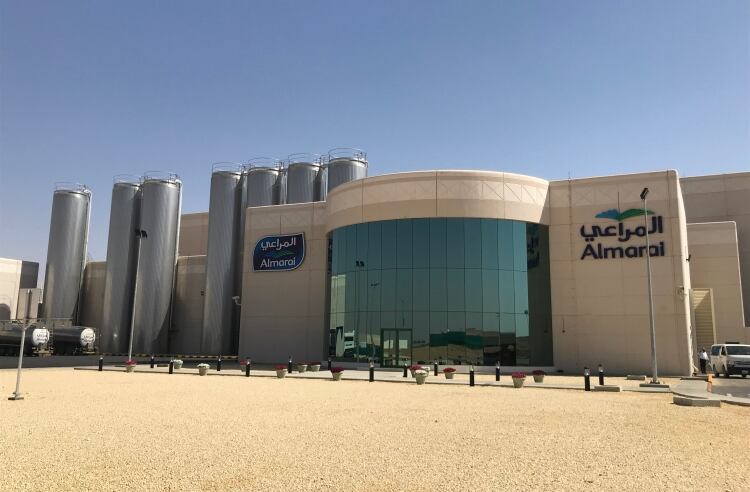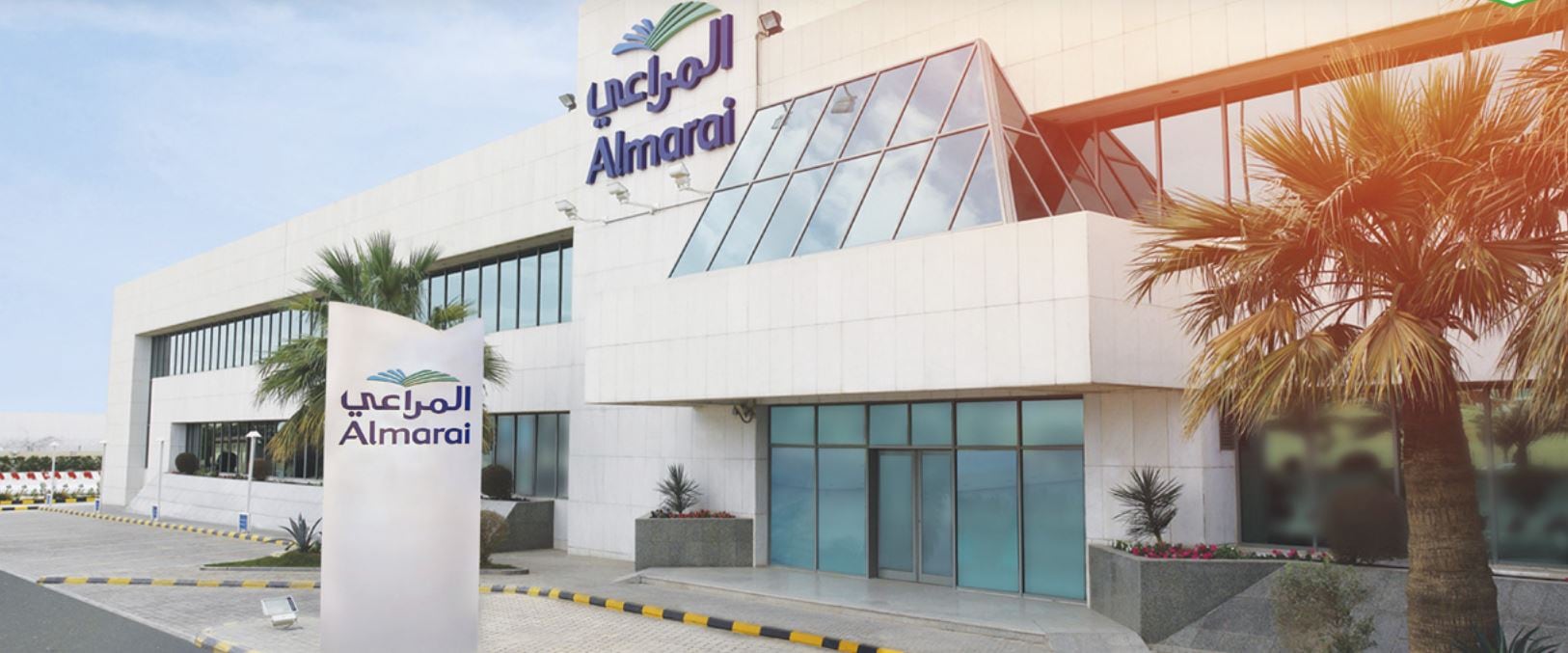Proceeds from the loan will be contributed to Beyti and Teeba, the company's dairy and juice subsidiaries in Egypt and Jordan.
Up to $90m is earmarked for Beyti to fund its dairy and juice production capacity expansion and growing working capital needs, and $10m for Teeba to strengthen its capital base and fund its permanent working capital needs.
The project intends to strengthen backward linkages to local farmers with an increase in the number of partner farms in Egypt that will comply with Beyti's procurement rules, and with the transfer of know-how to existing local farmers in Jordan.
Supporting the expansion of Beyti's exports to foreign markets and favouring FDI inflows in both the Egyptian and Jordanian dairy and juice sectors.
Both Beyti and Teeba are majority owned and controlled by Almarai via a 52% stake while the remaining 48% is held by Pepsico Inc.
Beyti and Almarai set animal welfare and environmental standards that milk supplier farms are required to meet. An audit process is used to assess farms before they can supply milk to the company, and all suppliers are regularly audited for quality, environment, social and health and safety aspects.
PepsiCo Global Supplier Code of Conduct is used by Beyti in selecting and auditing its suppliers. A veterinary physician is required to be present at each farm.
Jordanian improvements
Through technical cooperation funds, and post signing of the loan, a focused diagnostic study of milk producers, processors, and intermediaries in Jordan is planned, in an effort to highlight best practices and potential improvements in the raw milk supply chain in the country.
The study will aim to identify bottlenecks in the sector in Jordan, which the EBRD said has been suffering recently from low prices driven by excess supply, low yields, and quality and traceability issues. The study will also aim to develop recommendations to overcome current issues in the sector.



